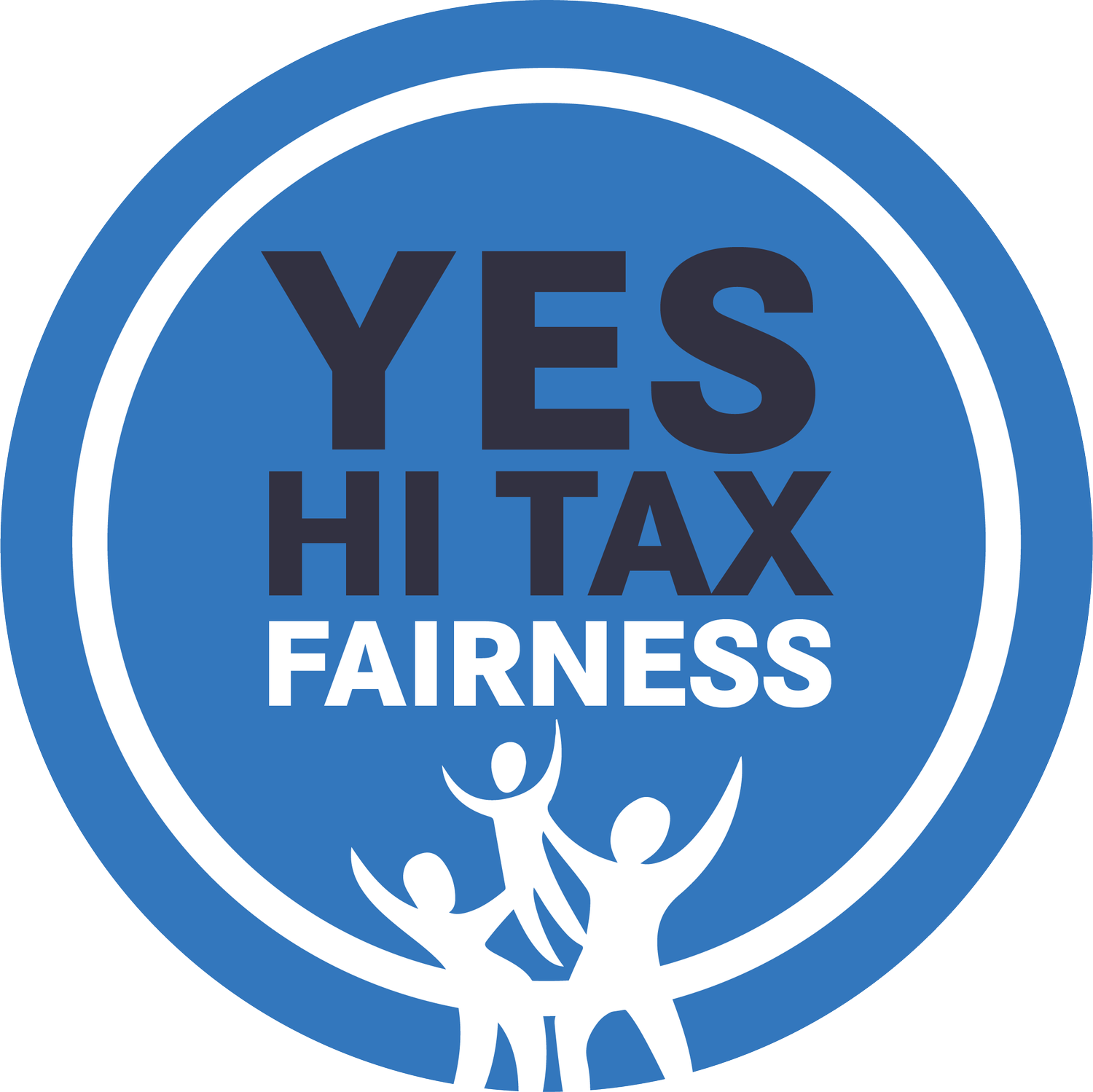Real Estate Investment Trust Reform
REITs make millions of dollars off Hawaiʻi real estate but pay no corporate income tax to our state.
A real estate investment trust, or “REIT,” is a corporation that owns income-producing real estate, like hotels and shopping malls. Like a mutual fund for real estate, people can purchase shares in a REIT to get a portion of the income it generates.
Right now income on Hawaiʻi REIT property is escaping Hawaiʻi taxes and going elsewhere.
REITs have been granted a special tax status that exempts them from paying corporate income tax on the dividends paid to its shareholders—at least 90 percent of the income REITs generate. REITs are able to avoid paying millions of dollars in federal and state corporate income tax as a result of the exemption.
REITs own approximately $17 billion worth of Hawaiʻi real estate and earn about $1 billion in profits every year. Hawaiʻi loses an estimated $60 million in potential tax revenue every year due to the REITs tax loophole.
The income generated by Hawaiʻi REITs should be taxed so they help support the communities in which they operate. Every other individual and corporation doing business in Hawaiʻi is subject to state income tax. If the REITs pay their fair share of taxes, then that can reduce the tax burden on the rest of us.
Examples of REIT-owned properties across Hawaiʻi include: International Marketplace, Pearlridge Shopping Center, Hilton Hawaiian Village, Ala Moana Center, most of Mapunapuna, and many more.
Although REIT shareholders pay individual income tax on REIT dividends they receive, those shareholders often do not live in Hawaiʻi and don’t pay their income taxes here. While Hawaiʻi has more land value tied up in REITs than any other state in the nation, relatively few Hawaiʻi residents own shares in REITs—we rank 40th in the nation for the number of REIT shareholders as a percentage of the population. As a result, not only is income produced on Hawaiʻi property leaving the state, but the income that is getting funneled out of the state is not getting taxed here either.
Even if the Hawaiʻi REITs tax loophole were closed, REITs would still receive the more valuable federal tax break they currently have, and they would continue to benefit from Hawaiʻi’s extraordinarily low property tax rate.
REITs can operate and thrive in Hawaiʻi while still paying their share of the taxes needed build a strong Hawaiʻi for everyone.


